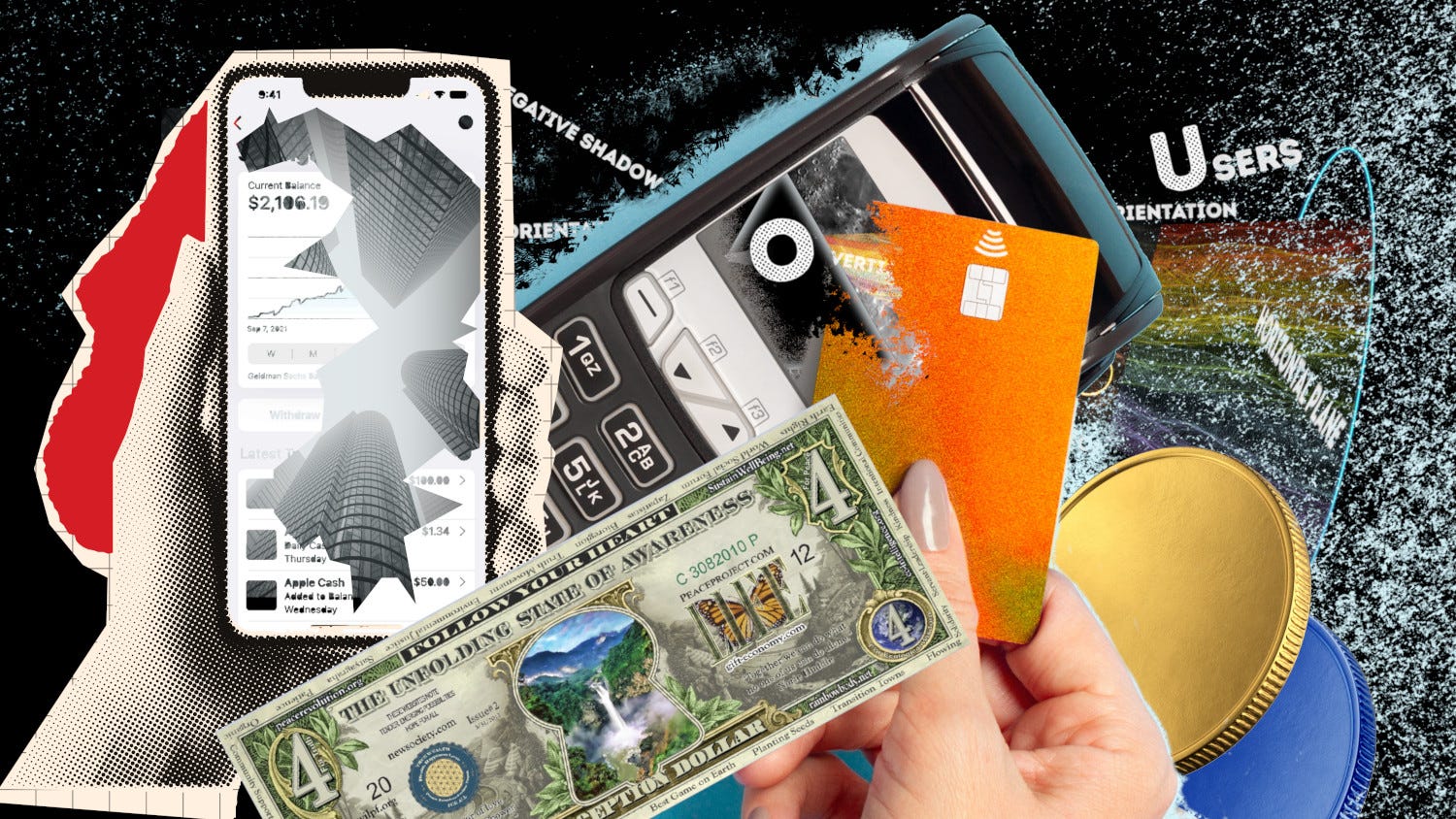It’s customary for books about money to start with a discussion about how various intellectuals can’t agree on what money is. They go on to point out the different schools of thought that have developed, creating a timeline of ideas that have taken turns battling it out in some academic gladiator ring.
This approach doesn’t resonate with me. That’s because I don’t believe the world is primarily driven by ideas. I tend to see intellectual debates as being surface-level proxy battles for a much deeper clash of emotions, politics and economic situations that subconsciously call the shots. After all, before anyone is an academic, they’re a small kid being raised in (and by) a particular environment in a particular historical epoch. This is going to make an indelible print on them, making their minds receptive towards certain ideas over others, and impacting their future attempts to understand the world. Our best academics have equal abilities to build sophisticated intellectual edifices around their emotional cores, but they fight each other’s theories because their own ones are tailor-made to calm their own nervous systems.
This is not to say that people with the same background makeup will be led mechanically to the same ideas. To the contrary, a disillusioned aristocrat might become an anarchist to rebel against her conservative father, and share intellectual space with a working-class labour organizer whose brother has fallen into the same xenophobic nationalism that appeals to her dad. Each may lay out divergent theories of the economy in the academic gladiator ring, but in fixating on their differences may fail to notice that they all hold common assumptions about money.
Under large-scale capitalism, some propositions are up for debate, but others - like the idea that money ‘stores value’ - are presented as self-apparent. That’s because the capitalist system cannot operate without money, and given that we use that system to survive, money must appear much like water appears to a fish: there but not there. All important and yet ignored. If I walk down the street and ask a hundred people what money is, chances are that 99 of them will stare at me blankly before lapsing into a vague mythological description like, ‘the thing that makes the world go around’, ‘what I use to buy stuff’, or ‘value’.
If I had to ask the same question to a pre-capitalist tribe in the 1600s, witnessing the arrival of European colonial money systems, they’d probably give me a much better account. This is because they’re outside the ‘fishbowl’, as it were, and have yet to be brainwashed by monetary logic.
To ‘brainwash’ is to flood neurons and place something beyond the realm of thinking, but our most common metaphorical models about money don’t even need to be taught. They’re simply downloaded into our brain by default as we try to make sense of the environment around us (see Money Through the Eyes of Mowgli). A little toddler first experiences money like a natural phenomenon outside the realm of politics, and even if we later develop some intellectual awareness that it is (at some distant level) political, we struggle to get enough distance to ever see around it, over it or through it.
In fact, we experience a kind of disassociation from money. Disassociation is the phenomenon where, rather than face some troubling but hard-to-convey feeling, a person just numbs it out and goes blank when asked about it. Some economists try to formalize this monetary disassociation by building apolitical pseudo-scientific models that treat money as an unremarkable ‘neutral veil’ draped over the real economy, as if it has no power to warp our perceptions and actions. If monetary logic is like an invisible mycelial network embedded in our minds, the average Econ 101 textbook has no chapter on mycology.
I’m deeply interested in those invisible structures in our minds. And, rather than trying to argue for what money is, I prefer to first map out how a person, on average, is likely to view it, given our existential experience. From there we can try build guide-ropes to use as we blindly grope with our minds towards understanding something that’s already conditioned our neural pathways. This is why I create stylized, but hopefully useful, taxonomies like the Five Dualisms of Money, and the Six Tokens. Below I’m going to synthesise and summarise those, and the pieces that led up to them, so we can be on the same page.





